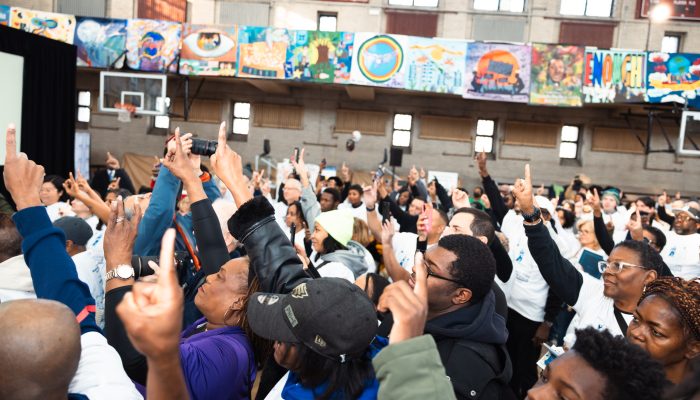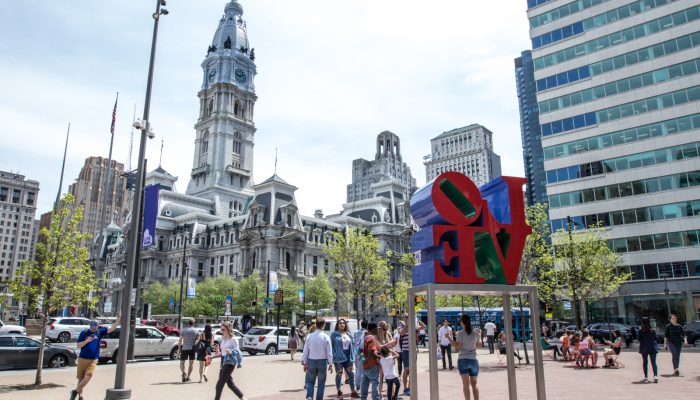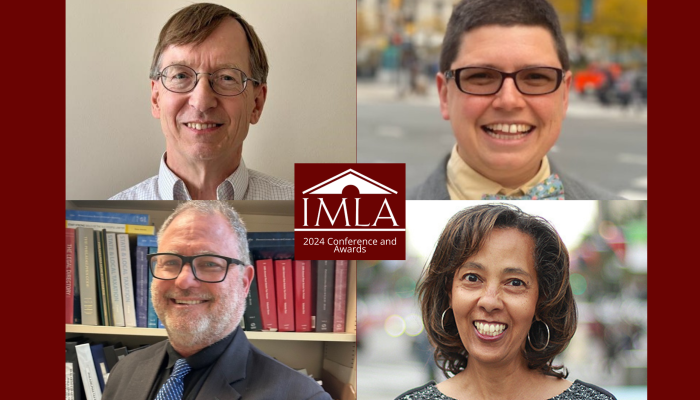The U.S. Court of Appeals for the Third Circuit has reversed a district court’s preliminary injunction that prohibited the City of Philadelphia from enforcing its ban on employers asking for job applicants’ salary history. The ban is part of a law known as the Philadelphia Wage Equity Ordinance. The goal of the Ordinance is to help close the wage gap for women and people of color.
The legislation was championed by former Councilmember William Greenlee, who introduced the measure on September 29, 2016 (Greenlee retired from Council at the end of 2019). Mayor Jim Kenney signed the Wage Equity Ordinance into law on January 23, 2017, following unanimous passage by City Council. Philadelphia is one of the first jurisdictions in the country to enact such a law.
Case Background
The Chamber of Commerce for Greater Philadelphia sued the City in federal court, contending that the Ordinance violated the First Amendment and seeking preliminary injunctive relief. Initially, in April 2018, the federal district court granted a preliminary injunction—ruling that the First Amendment prohibited the Ordinance’s ban against employers asking for salary history. The district court upheld the Ordinance’s provision that prohibits employers from relying on or using salary history information when making salary offers. Both the City and Chamber of Commerce appealed the ruling.
Court of Appeals Opinion
A three-judge panel of the U.S. Court of Appeals for the Third Circuit, in a 67-page opinion by Judge Theodore McKee, handed down a victory for the City of Philadelphia. The opinion upholds both provisions of the Wage Equity Ordinance. The Court overruled the district court’s decision preventing the City from enforcing the ban on salary history questions. It also upheld the provision that prohibits employers from relying on salary history information, agreeing with that part of the district court’s decision.
Philadelphia City Solicitor Marcel S. Pratt argued the case before the three-judge panel. The decision has implications for states and cities across the country.
Next Steps
The Philadelphia Commission on Human Relations (PCHR) will announce its plans for enforcement in the near future.
Praise for the Decision from City Leaders
“I am pleased that the Court saw this our way. We enacted this law to help close the wage gap that unfairly affects women and people of color in Philadelphia. If employers were to keep asking job applicants for salary history, they would simply perpetuate the wage gap. Taking steps to ensure that women and people of color are paid the same as their white male counterparts will have significant social and economic benefits. It is, quite simply, the right thing to do.”
– Mayor Jim Kenney
“This is a significant victory not just for Philadelphia, but also for the national equal pay movement. Jurisdictions across the country subsequently passed similar legislation and have been closely watching and supporting Philadelphia’s case. There is overwhelming evidence showing that the wage gap for women and people of color cannot be completely explained by legitimate factors. Decades of comprehensive studies prove that past discrimination taints the salary histories of women and people of color. The notion that the Wage Equity Ordinance will help close the wage gap is not only supported by significant empirical evidence, it is also backed by plain commonsense. With this ruling, the Third Circuit agreed that the City made a well-reasoned judgment based on a ‘plethora of evidence’ that banning wage history inquiries would prevent the further perpetuation of gender and race discrimination in wages. I am thankful to the Court for its careful consideration and thorough analysis.”
– City Solicitor Marcel S. Pratt
“We’re pleased that the Third Circuit ruled in favor of the City of Philadelphia and in support of the principles of wage equity today. The wage gap between women and people of color in comparison to their white counterparts in the workplace is real, and the Wage Equity law seeks to narrow that gap. I would hope that the business community understands the importance of this issue, as we continue to seek ways to work together to grow Philadelphia’s economy for all our citizens.”
– City Council President Darrell L. Clarke




